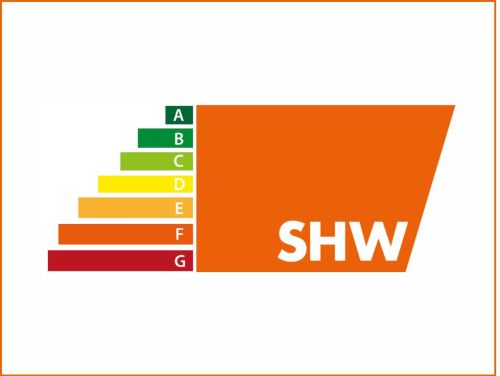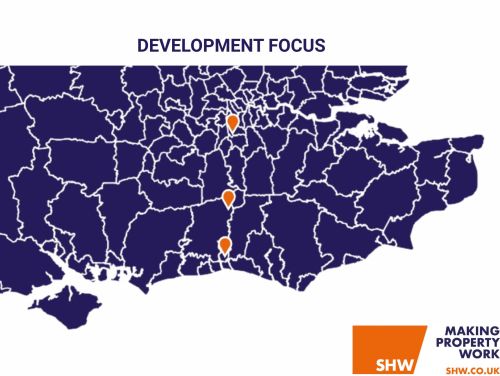30 April 2025
SHW - The Impact of EPC's
Business Space, Commercial, ESG & Sustainability, SHW News
In the world of valuations, Lenders have become increasingly focused on commercial properties’ compliance with MEES (Minimum Energy Efficiency Standards), whereby an EPC rating of E or greater is currently required.

Looking at the latest Government figures to December 2024, EPC registrations have increased in the last 10 years from approximately 70,000 in 2014 to 103,000 in 2024, peaking in 2022 and 2023 at 113,000 and 141,000 respectively, driven by the requirement for let commercial properties to meet an E rating by April 2023.
What further highlights the importance of MEES in the market is the rise in registrations of EPC A+ and A properties over the same period, rising from 1,334 properties in 2014 to over 8,000 in 2024.
But as Valuers, it is less common to be reflecting a ‘green premium’ for new build properties achieving the best EPC ratings, but instead a ‘brown discount’ for properties with the poorest EPC ratings. This is due to the upcoming MEES deadlines for properties to achieve an EPC of C or above in April 2027, and then a rating of B or above in April 2030, as part of the UK’s commitment to reach net-zero carbon emissions by 2050.
Based on the Government’s latest data, of the EPCs registered over the last 10 years (EPCs are valid for 10 years), this would appear to identify 46% of properties having a rating of D or below, and so these could potentially become non-compliant in 2027.
Lenders are therefore placing greater emphasis on current and future compliance, requiring Valuers to undertake increasing amounts of due diligence on a property’s EPC, and also often requiring commentary on the potential costs of improvement works.
This greater scrutiny ahead of the upcoming deadlines mean that Landlords should continue to be aware of their properties’ EPC ratings and requirements, and plan to ensure improvement works offer the most cost effective way of not only meeting the 2027 deadline, but also the stricter requirements in 2030. This will ensure a smooth transition over this period, and that Market Values for possible future secured lending or refinancing are not unduly affected.
SHW are fully equipped to guide Landlords on the process to ensure a programme of cost effective improvements are in place to meet both the 2027 and 2030 requirements. So if you have any queries do get in contact.
For valuation advice contact James Sadler.
For ESG advice contact Tarniah Thompson.





